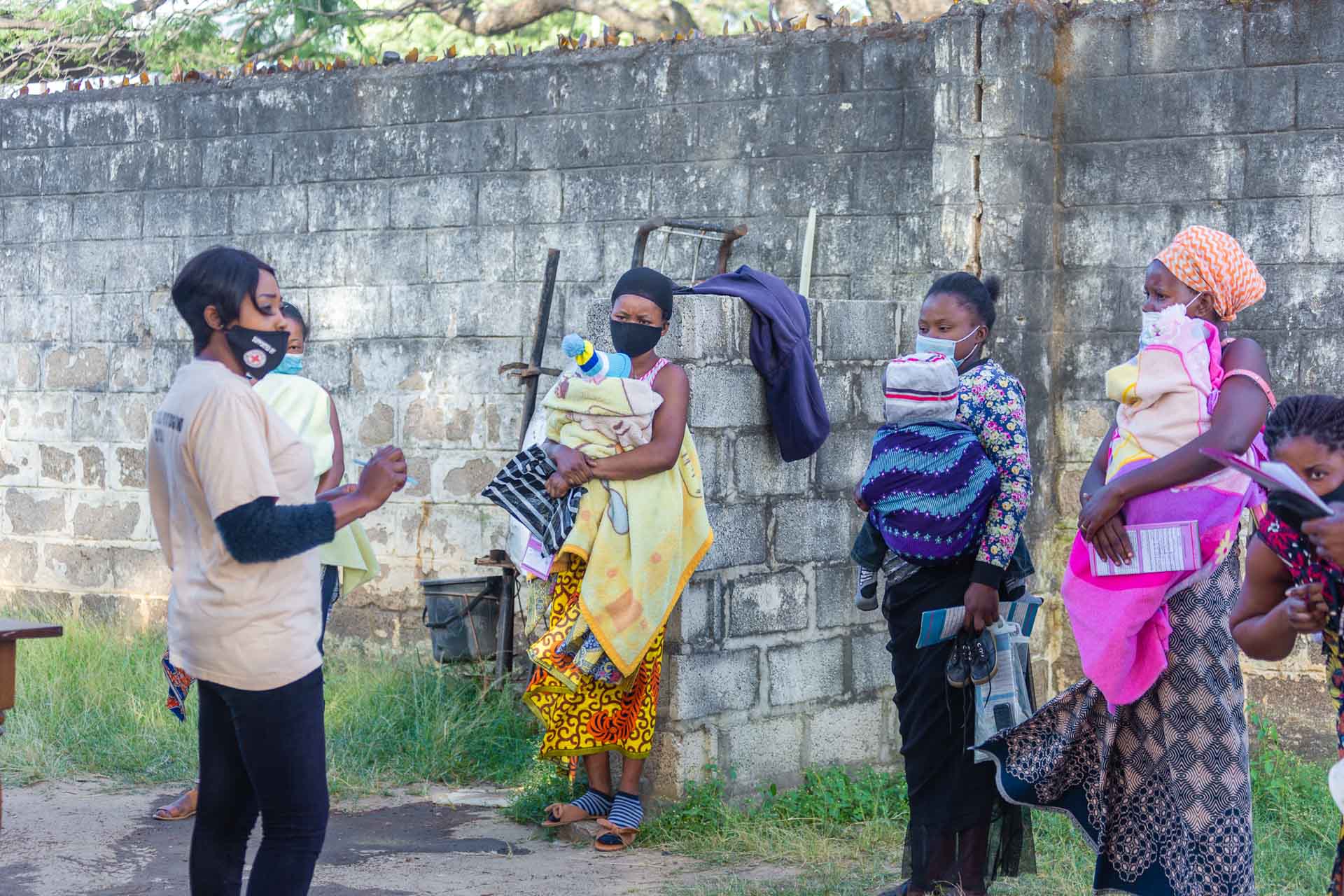
Developing Family Capabilities with the University of Western Cape
Developing Family Capabilities with the University of Western Cape | School of Education

Dr Jim Reid
Lead Academic
University of Huddersfield, School of Education.
Families are essential in securing health and well-being, particularly in the post-pandemic era. The enduring impacts of COVID-19 and policy responses have deepened existing inequalities, with vulnerable families being the most affected. Understanding family dynamics and enhancing their capabilities is crucial to improving well-being and to ensure sustainable and impactful outcomes for families.
The Project
Professor Nicky Roman, South Africa Research Chair in Human Capabilities and Social Cohesion and Dr Jim Reid from the University of Huddersfield are leading research to develop 'family capabilities,' a new field with potential for significant policy impact. This global research explores how families overcome adversity to thrive in the post-pandemic era and seeks to develop sustainable interventions co-designed with families.
Families play a vital role in ensuring health, well-being and prosperity, but the social costs of the pandemic have disproportionately affected the most vulnerable. While families often provide support, they can also experience internal struggles that hinder progress. This research aims to understand these dynamics and enhance family capabilities, shifting focus from simply ‘being a family’ to understanding what families ‘do’ when faced with adversity and to overcome challenges.

Partner Institutions
- Professor Nicky Roman - University of the Western Cape
International Partnerships
This study aims to understand how families experience and respond to trauma, like COVID-19, ill health and family breakdown, and to come up with new interventions. By co-designing solutions with families, the research will provide crucial insights to strengthen family well-being and help systems better prepare for crises and the enduring issues faced by families. Government and current responses, for example focused on parenting, may be inadequate, this study highlights the significance of family centredness in seeking solutions by drawing on the real experiences of families, offering valuable information for coping, management and support strategies across all stages of life.
It addresses the deepened inequalities exacerbated by crises and acknowledges the rising anxiety from future risk, such as climate change and conflict. There is an urgent need for sustainable, affordable interventions to mitigate the impact on vulnerable families.
Supported by the International Collaborative Fund, Professor Nicky Roman is a visiting professor at the University of Huddersfield and Dr Jim Reid is a visiting research fellow at the University of the Western Cape. The research team have successfully used the opportunity provided by the International Collaborative Fund to secure funding to continue the research, this includes a grant from the South Africa National Research Foundation and the award of a prestigious Leverhulme International Research Fellowship to Dr Jim Reid.
Our study highlights the lived experience of families and the urgent need for innovative, co-designed interventions to support well-being. By giving voice to family experiences, our research offers vital insights for managing future crises, addressing inequalities and developing sustainable strategies to help families thrive in challenging times.
About the Researcher
Jim Reid is a Reader in Education at the University of Huddersfield, focusing on marginalised communities, participation and empowerment. He co-developed the award-winning Life-Saving Lullabies project in Zambia and researches Family Capabilities in South Africa. He has research collaborations in Kenya and with The Lullaby Project in the USA and is a Senior Fellow of the Higher Education Academy.
Find out more about Dr Jim Reid.






